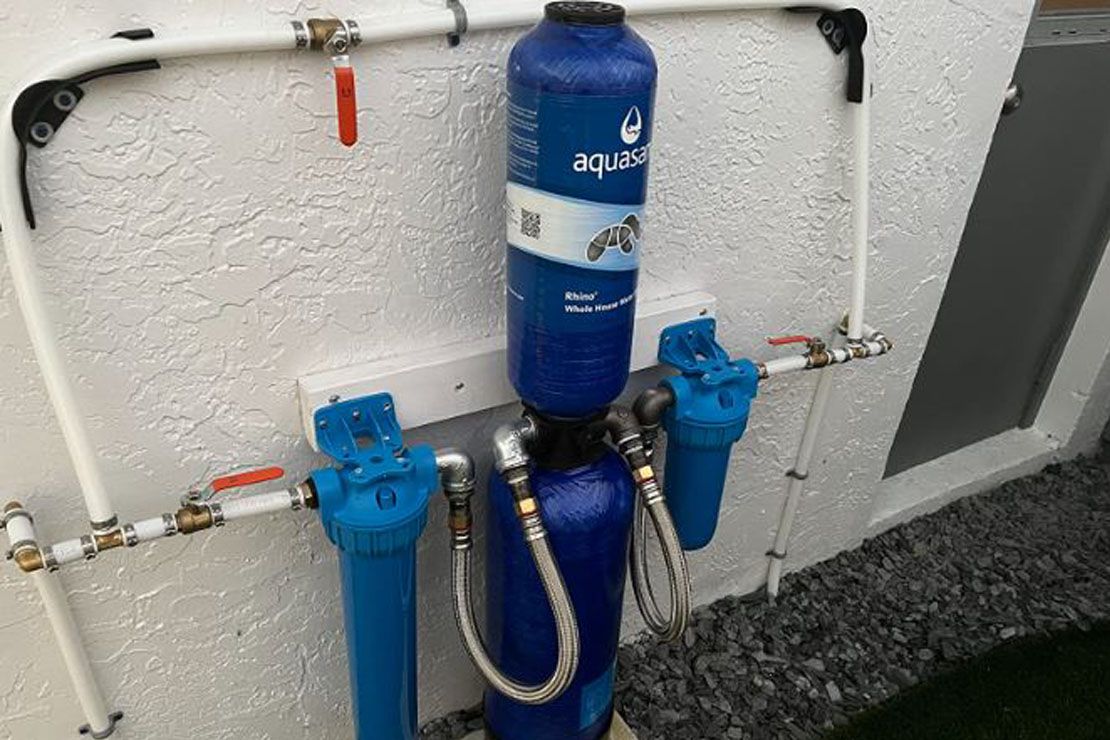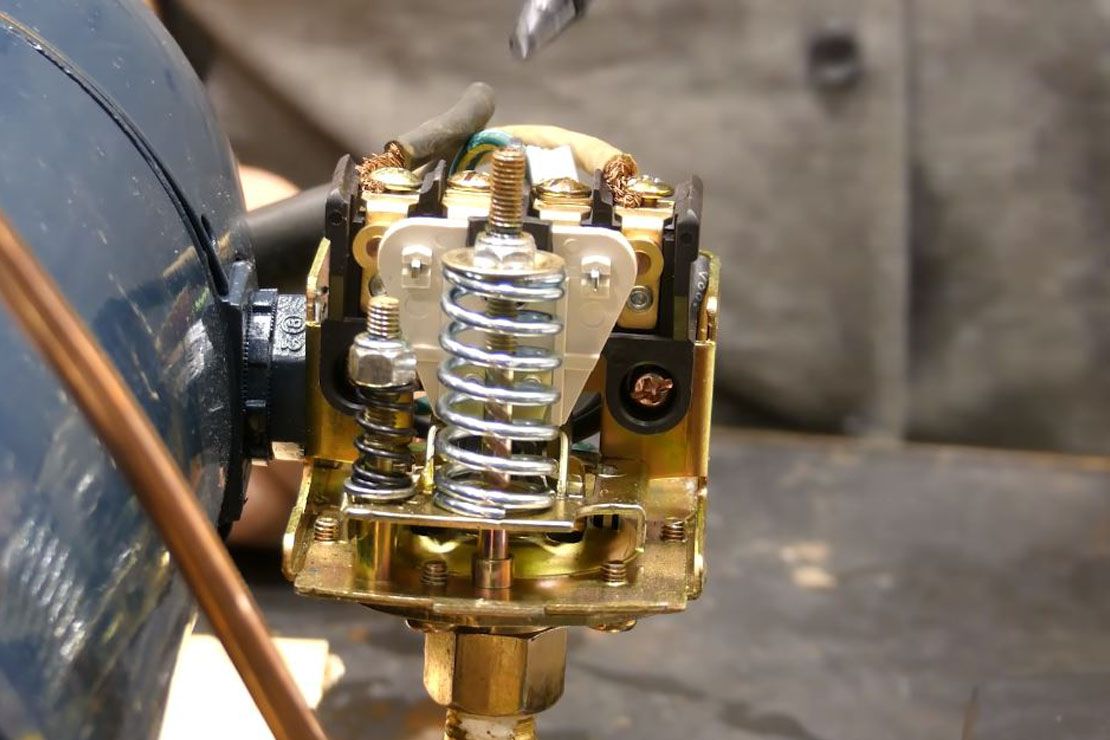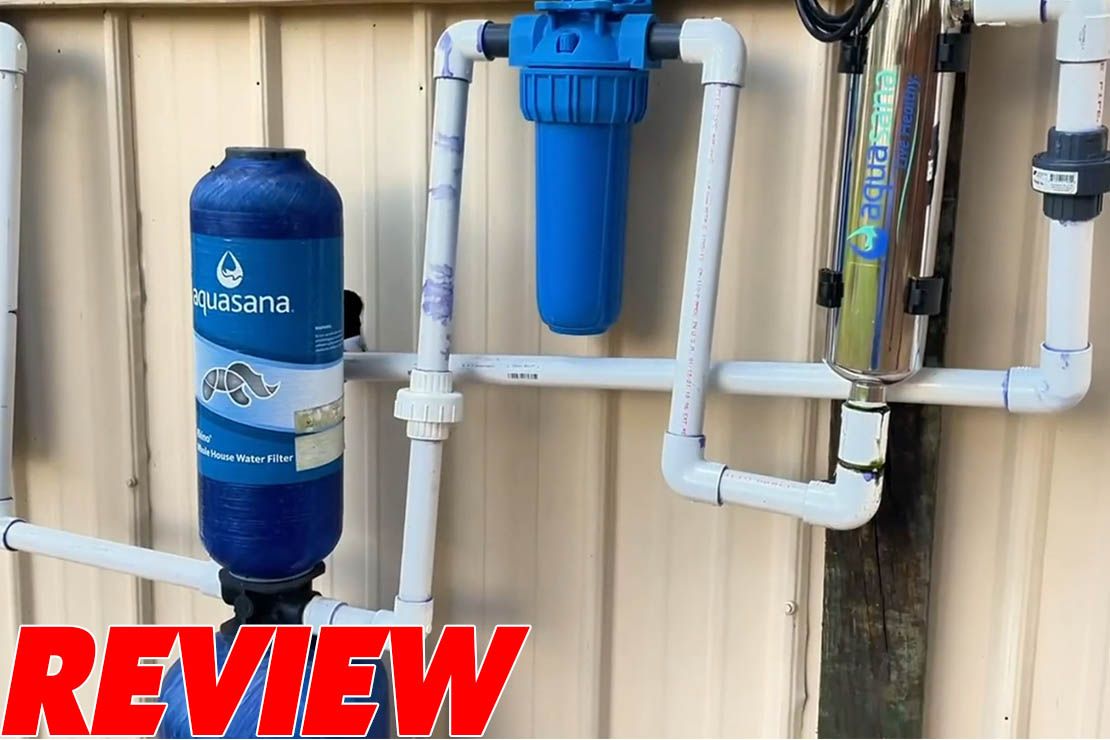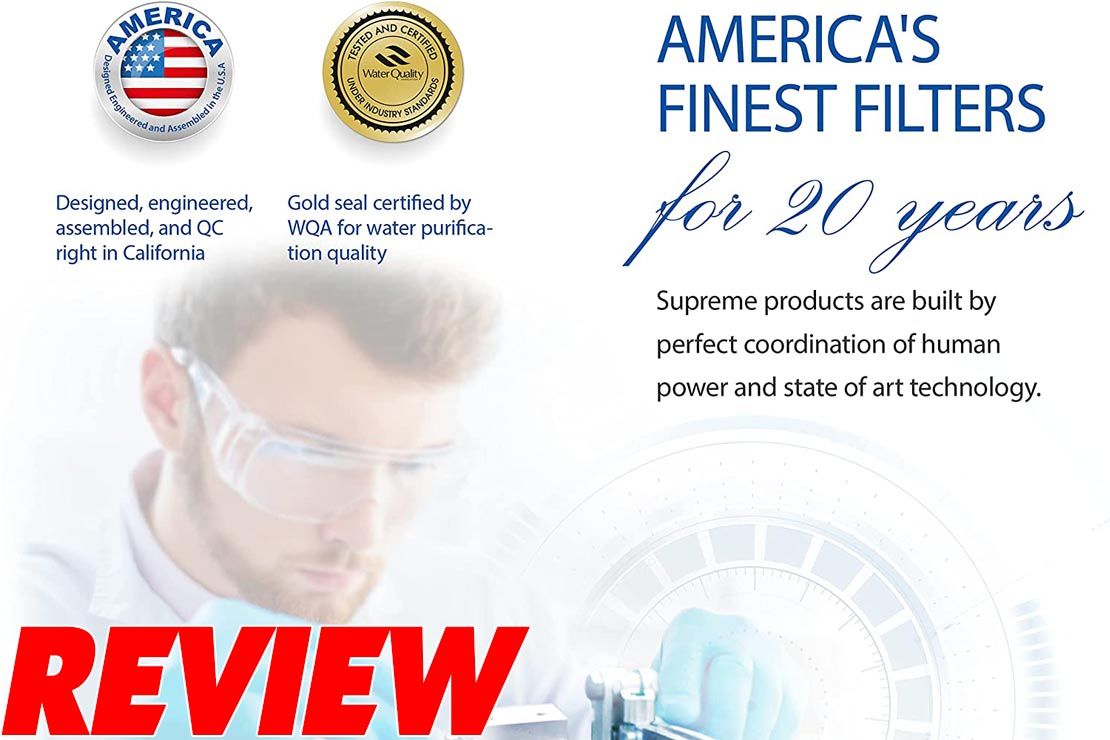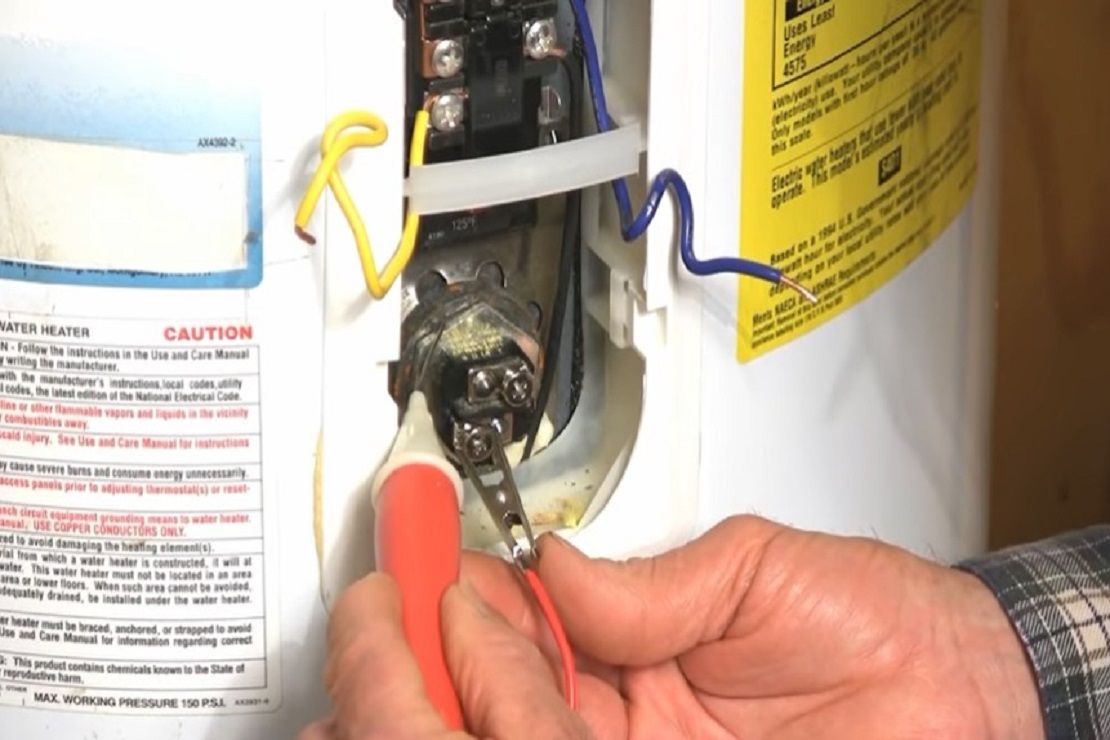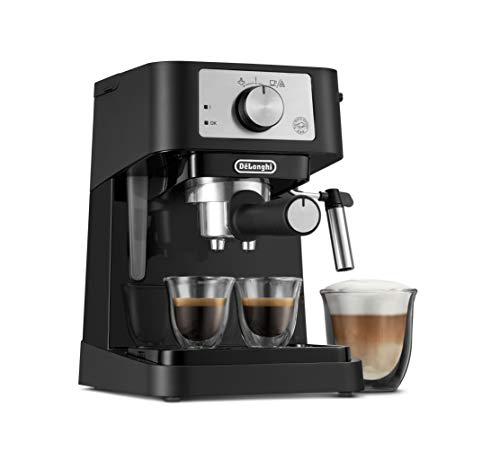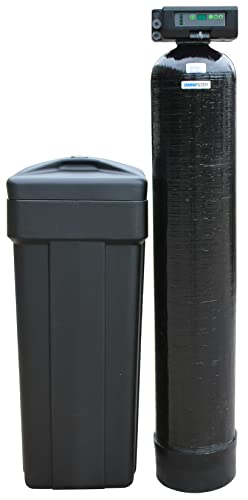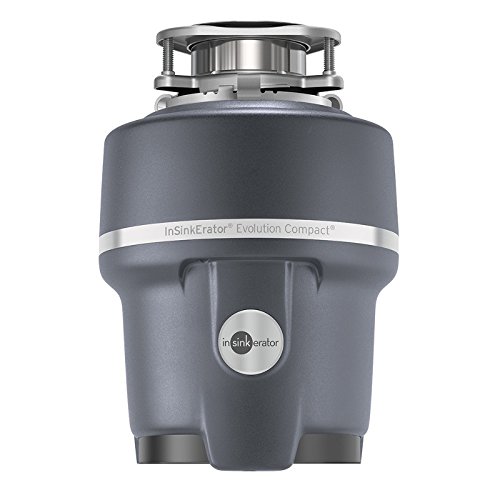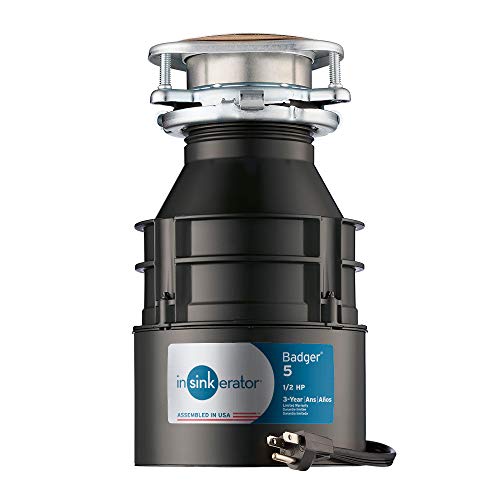
There are many water purification technologies on the market today. To buy the right home water treatment product, we need to understand these different technologies. The 5 most widely used water purification technologies include reverse osmosis, Nanotechnology, UF filter technology, UV filter technology, and CDI filter technology.

Reverse osmosis is the most advanced water filtration technology available today. It uses a micro-filter less than 0.0001 micrometers in size so that it can eliminate all residues, harmful substances, and heavy metals in the water. This also means that you do not need to boil the water before drinking it, since there are no bacteria or pathogens left.
However, this type of purification may lower the mineral content of water and make it lose its sweetness because all of the minerals are removed. RO filtration needs more mineral cores to supplement the lack of minerals in your body when drinking regular water. In addition, RO -water purifiers- consume more electricity than other types and produce more wastewater.

Today, nano water purification technology is the most widely used filtration technology with three main parts: mechanical filters that remove large-sized components; adsorption filters that retain toxic heavy metals in the water; and ion-exchange filters that help to treat Ca2+ or Mg2+ components that cause water hardness. The bactericidal filter kills bacteria.
Nanotechnology sends water through a membrane to clean the water of any debris or impurities. However, this membrane cannot handle hard water. If the water already has salt in it, the salty taste won't be eliminated by the filter. When silt enters the filter, there's nothing to stop it from blocking it.

Ultrafiltration is a method of water purification that can be used to purify surface water, groundwater, beverage processing water, and wastewater.
Ultrafiltration technology is advantageous because it can remove harmful impurities and pathogens. It also uses less energy to operate and reduces operational costs.
The filtering capacity of UF technology is worse than Nano and RO, but many people prefer it for its ability to remove hazardous chemicals.

UV water purification technology is a highly recommended method of sterilizing water. The radiation from the UV rays can eliminate pollutants such as bacteria and viruses, while also killing parasites, cysts, and other infectious microbes.
UV filters cannot remove dissolved solids from water or heavy metals. While the product does not kill bacteria, it does destroy inactivated or dead living bacteria and thus ultraviolet light is not usually a standalone treatment for water. Instead, these filters are used primarily with other types of filtration systems to provide additional disinfection for cleaner drinking water.
Related: Best Uv Water Filters
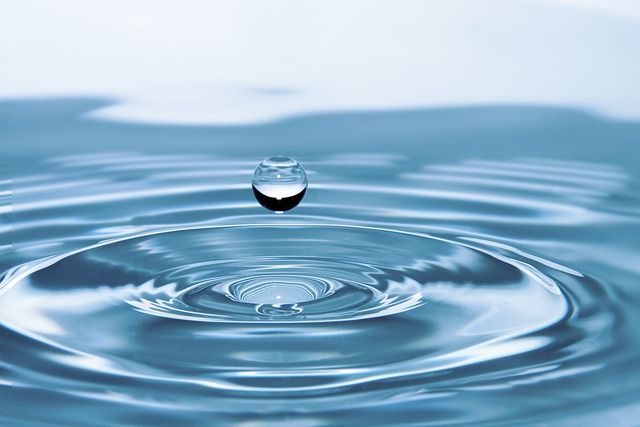
CDI is a super absorbent water purification technology. CDI uses electrolysis to remove dissolved ions such as metal ions, and toxic substances... in water. The advantages of this technology are Less wastewater, Effective disinfection, and Treating water-soluble substances including salts and pollutants. CDI has some disadvantages such as high initial investment cost. As a new technology, the application is not yet popular.
This article has provided you with the necessary knowledge about the different types of water purification. Hopefully, now you are able to make a better decision about which water filter product is best for your family and business.
Read more:


